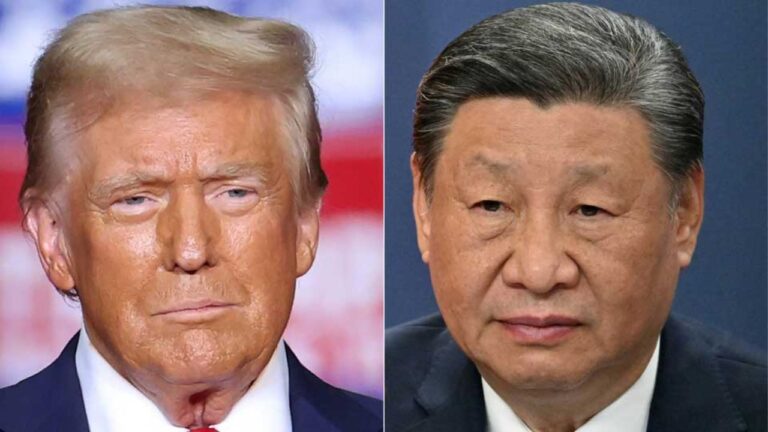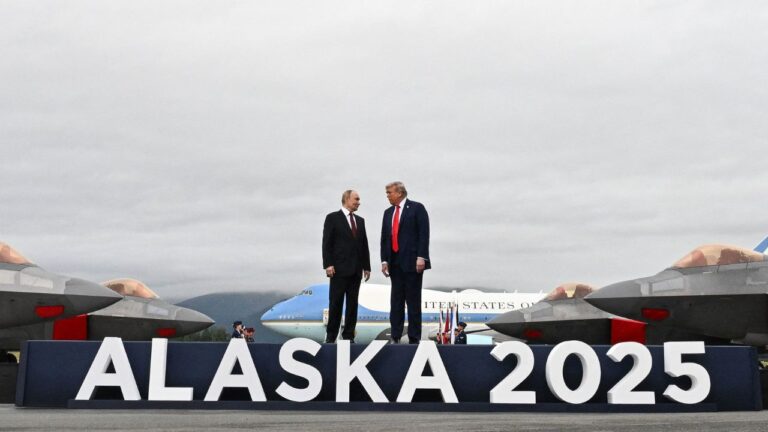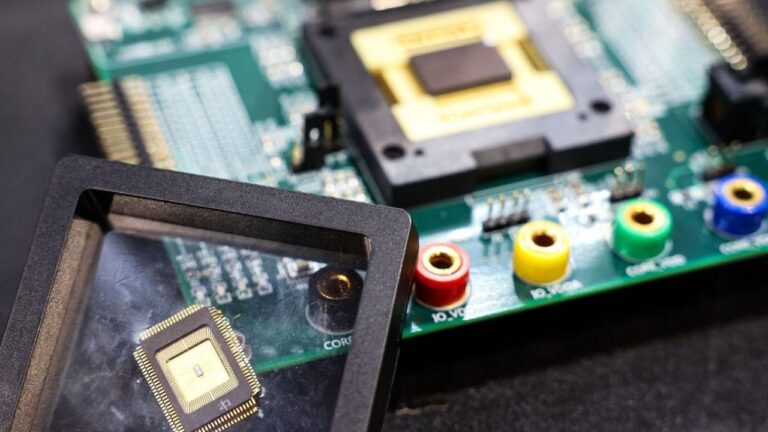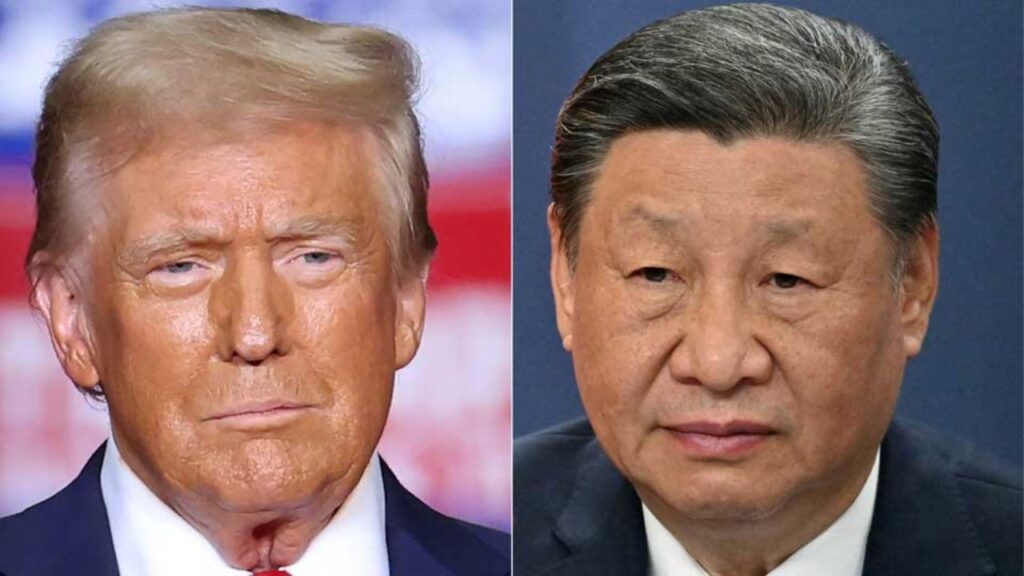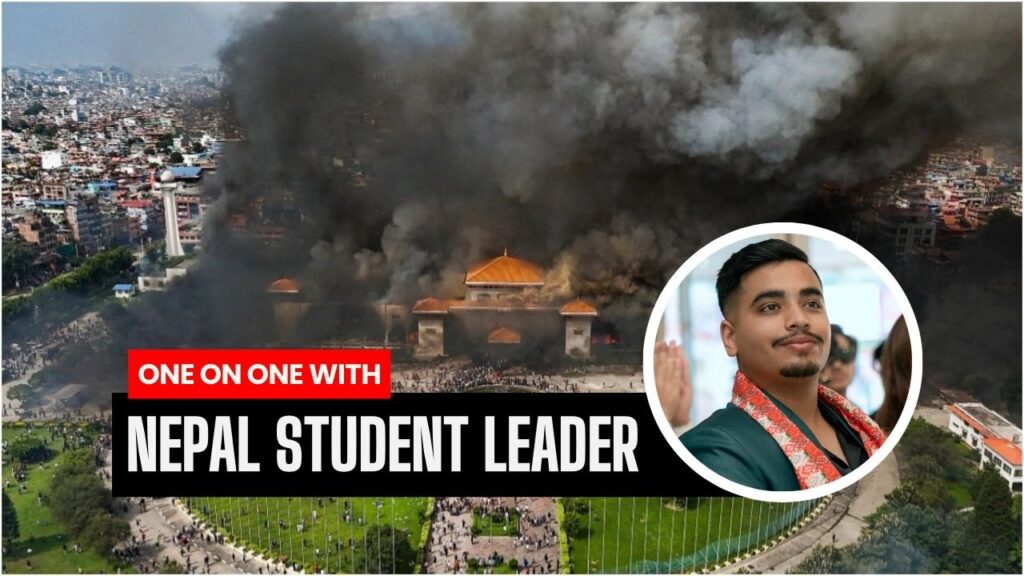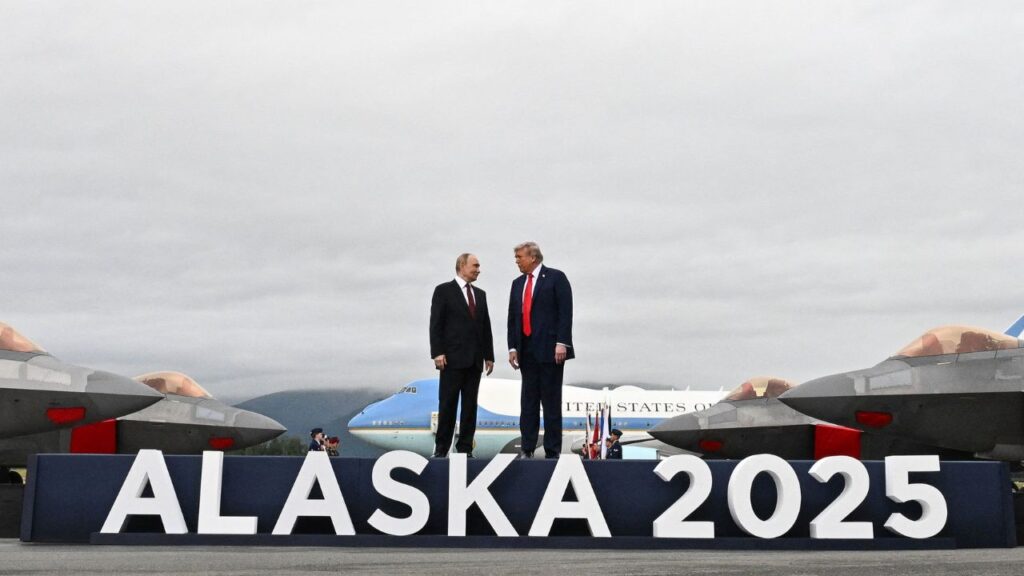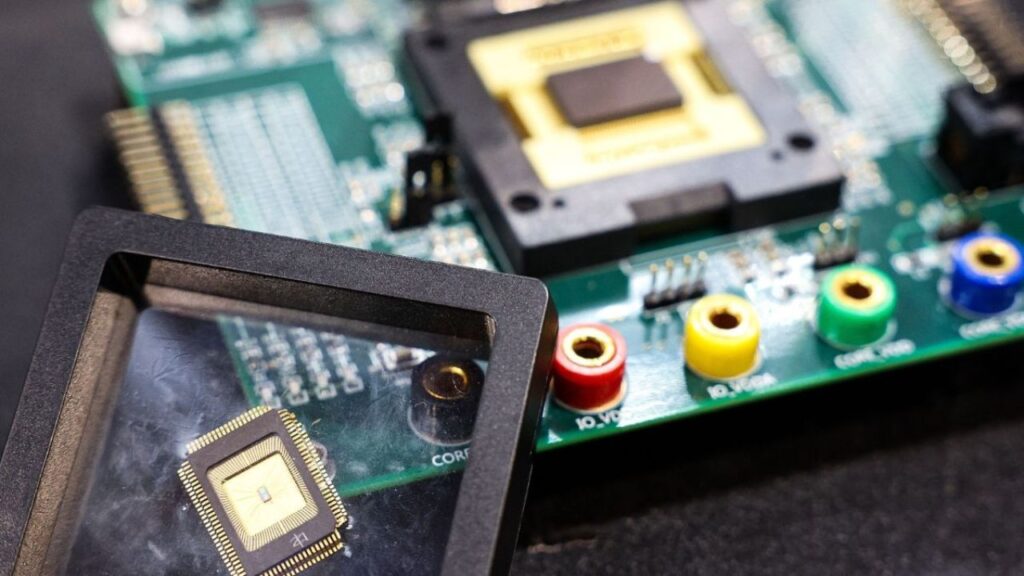Tahawwur Hussain Rana, the 64-year-old Pakistan-born Canadian businessman, was successfully extradited to India on April 10 after a prolonged legal battle. The National Investigation Agency (NIA) confirmed the extradition after Rana was flown from the United States to New Delhi, where he landed at Indira Gandhi International Airport at approximately 6:30 PM. Following his arrival, Rana was swiftly produced before a special court in Patiala House, amid tight security and a heavy media presence.
Rana is accused of playing a crucial role in the 2008 Mumbai terror attacks, which shook India and the world. On November 26, 2008, ten Pakistani militants, associated with the Lashkar-e-Taiba terrorist group, launched a series of coordinated attacks across Mumbai, targeting high-profile locations such as the Taj Mahal Palace Hotel, Oberoi Trident Hotel, Chhatrapati Shivaji Maharaj Terminus, and the Nariman House. The attacks, which lasted for more than 60 hours, resulted in the tragic loss of 166 lives, including six Americans, and left hundreds more injured.
Rana, a close associate of David Coleman Headley (the American-born Pakistani who was one of the key masterminds of the attacks), is accused of aiding the terror plot by providing logistical support. According to Indian authorities, Rana facilitated Headley’s operations by granting him access to his Chicago-based immigration services office in Mumbai, where Headley scouted potential targets for the terror group. Though a US court cleared him of directly planning the attacks, Rana was convicted in 2011 for his role in supporting Lashkar-e-Taiba’s operations.
After a protracted legal process in the US, Rana was finally cleared for extradition in 2023, following a ruling by the US Supreme Court rejecting his appeals. His extradition is seen as a significant achievement for India’s efforts to bring those responsible for the 26/11 attacks to justice. The move was notably approved by President Donald Trump during a meeting with Indian Prime Minister Narendra Modi, underscoring the strengthening of US-India cooperation in counterterrorism efforts.
Upon his arrival in India, Rana was placed in NIA custody, where he is currently under close observation. He has reportedly requested religious items and is allowed to offer Namaz five times a day. The NIA has stated that Rana will be interrogated thoroughly to unravel the complete conspiracy behind the devastating attacks. Rana faces several serious charges, including criminal conspiracy, waging war against the Indian government, and terrorism.
The NIA has appointed renowned lawyer Narendra Mann to lead the prosecution in the case, and the investigation will focus on Rana’s pivotal role in facilitating the attacks. Investigators are particularly interested in the emails exchanged between Rana and Headley, which reportedly outlined crucial details of the planning phase, including the involvement of other terror operatives like Ilyas Kashmiri and Abdur Rehman.
Rana’s extradition has not only brought a sense of closure to the victims and survivors of the 26/11 attacks but has also sparked a political debate. Congress leader P. Chidambaram was quick to credit the previous UPA government for initiating the extradition process, stating that the current government merely benefited from the diplomatic groundwork laid earlier. Nonetheless, the extradition represents a pivotal moment in India’s pursuit of justice, as authorities now have the opportunity to bring Rana to trial in a court of law.
As the legal proceedings unfold, India remains focused on ensuring that all those responsible for the attacks face justice and that the memories of the victims are honored. For now, the extradition of Tahawwur Rana marks a significant step in India’s ongoing battle against terrorism and a reaffirmation of India’s commitment to holding perpetrators accountable.


